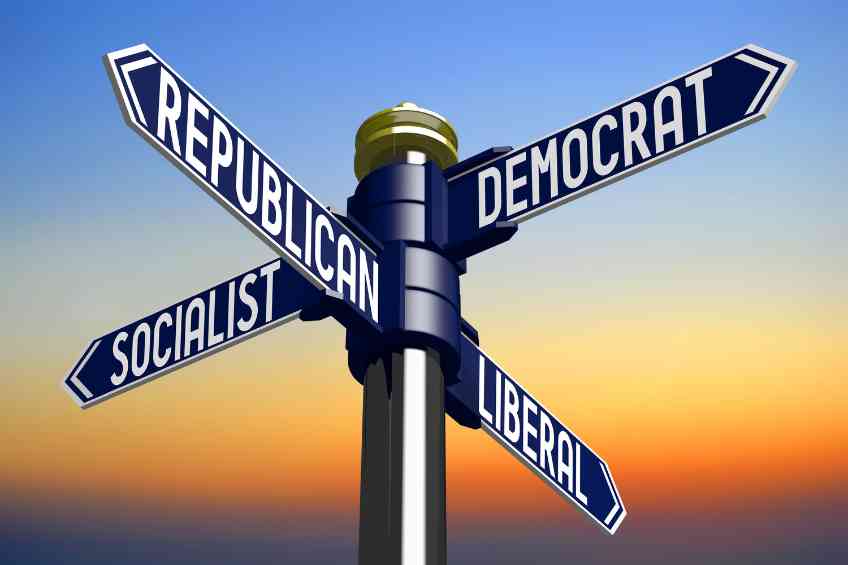By John Salak —
Labels matter when it comes to first impressions, even if those tags are inaccurate.
It surprises no one. But simply flagging a person’s political partisanship, for example, affects what others think of them, even if they have nothing more to go on than a picture of that person. This revelation came from the University of North Carolina at Greensboro as ideological polarization has soared in the U.S.
The university focused solely on the “likeability” of individuals after study participants were shown their photos and then told a person’s political designations and no other information. While the study’s conclusions seem obvious, the research was groundbreaking because it was the first to link from face impressions to political partisanship.
The UC-Greensboro team conducted two experiments involving 275 undergraduate college students. The first had participants looking at pairs of photos of unfamiliar people’s faces and then asked which was more likable and competent. In some cases, they labeled the photograph correctly with the subjects’ true political partisanship—Republican or Democratic. In other cases, the labels were inaccurate or omitted.
The researchers discovered that disclosed political partisanship affected first impressions—even if it was inaccurate—than non-disclosed partisanship.
The second experiment had participants rate likeability before and after the disclosure of political partisanship. The researchers found that participants changed their impressions post-disclosure based on their political partisanship.
What does all this mean? A simple political label in this highly charged environment seems to override all else, whether that tag is accurate or not. Researchers hope their work is a first step towards finding ways for people of differing political persuasions to interact better with each other.
It sounds like a great idea.












